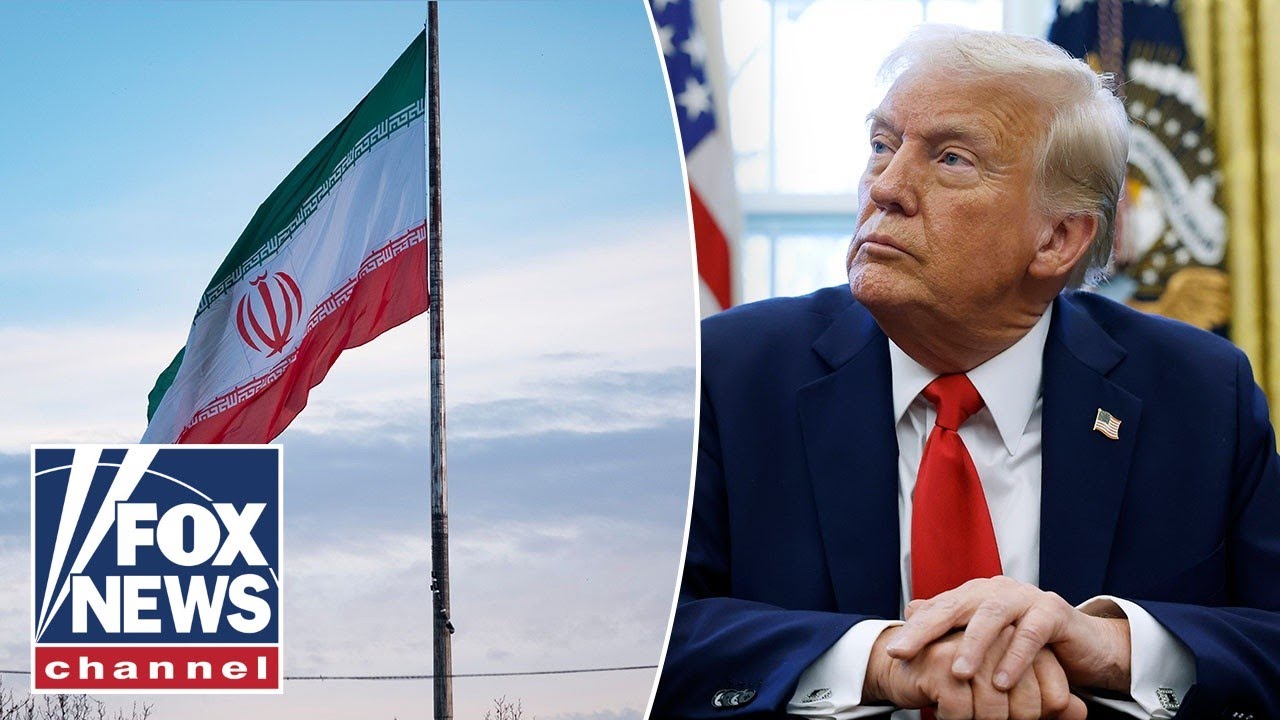Discover the latest updates on Iran’s indirect talks with the US. Explore insights into diplomatic efforts and their potential impact on international relations.
Introduction
In a significant development in international relations, Iran has announced that it is engaged in “indirect talks” with the United States. This revelation comes amidst a complex backdrop of geopolitical tensions, economic sanctions, and ongoing conflicts in the Middle East. As both nations navigate the murky waters of diplomacy, the implications of these discussions could reshape not only their bilateral relationship but also the broader dynamics in the region.
Historical Context
To understand the current state of affairs, it is essential to delve into the historical context of Iran-US relations. The relationship between the two nations has been fraught with tension since the 1979 Iranian Revolution, which saw the overthrow of the Shah and the establishment of the Islamic Republic. The subsequent hostage crisis, where American diplomats were held for 444 days, set the stage for decades of mistrust.
Over the years, various attempts at diplomacy have been made, notably the Joint Comprehensive Plan of Action (JCPOA) in 2015, which aimed to curb Iran’s nuclear program in exchange for relief from economic sanctions. However, the US withdrawal from the agreement in 2018 under the Trump administration marked a significant setback, leading to heightened tensions and a series of confrontations in the region.

The Current State of Affairs
Fast forward to 2025, and the geopolitical landscape has shifted once again. The Biden administration has expressed a willingness to engage in dialogue with Iran, albeit under different circumstances. The announcement of indirect talks signals a potential thaw in relations, albeit cautiously. These discussions are reportedly taking place through intermediaries, allowing both sides to communicate without direct engagement.
Reasons Behind the Indirect Talks
Several factors have contributed to the emergence of these indirect talks:
- Economic Pressure: Iran’s economy has been severely impacted by sanctions, leading to widespread discontent among its populace. The need for economic relief has prompted Tehran to reconsider its stance on negotiations with the US.
- Regional Stability: The Middle East remains a volatile region, with ongoing conflicts in Syria, Yemen, and Iraq. Both Iran and the US recognize the importance of stability in the region, which could serve as a common ground for dialogue.
- Nuclear Concerns: The international community remains concerned about Iran’s nuclear ambitions. Indirect talks may provide an avenue for addressing these concerns without the immediate pressures of formal negotiations.
- Changing Dynamics: The geopolitical landscape has evolved, with new players emerging in the region. The rise of China and Russia as influential actors has altered the balance of power, prompting both Iran and the US to reassess their strategies.
The Role of Intermediaries
The indirect nature of these talks highlights the role of intermediaries in facilitating communication. Countries such as Qatar and Oman have historically acted as mediators in Iran-US relations, providing a neutral ground for dialogue. These intermediaries can help bridge the gap between the two nations, allowing for a more constructive exchange of ideas.
Challenges Ahead

While the announcement of indirect talks is a positive development, several challenges remain:
- Mistrust: Decades of animosity have created deep-seated mistrust between Iran and the US. Overcoming this barrier will be crucial for any meaningful progress.
- Domestic Politics: Both nations face internal political pressures that could complicate negotiations. In Iran, hardliners may resist any concessions, while in the US, there are concerns about bipartisan support for any agreement.
- Regional Actors: The involvement of regional players, such as Saudi Arabia and Israel, adds another layer of complexity. These nations have historically opposed rapprochement between Iran and the US, fearing that it could embolden Tehran.
- Nuclear Program: Addressing Iran’s nuclear program will be a central issue in any negotiations. The US and its allies want to ensure that Iran does not develop nuclear weapons, while Tehran seeks recognition of its right to pursue nuclear energy.
Potential Outcomes

The potential outcomes of these indirect talks are varied. On one hand, successful negotiations could lead to a renewed agreement that addresses key concerns, paving the way for improved relations and economic cooperation. On the other hand, failure to reach an understanding could exacerbate tensions, leading to further sanctions and isolation for Iran.
- A New Agreement: A successful outcome could result in a new framework for dialogue, similar to the JCPOA but with broader parameters that address regional security issues and the missile program.
- Increased Tensions: If talks falter, both nations may resort to more aggressive posturing, with Iran potentially escalating its nuclear activities and the US increasing sanctions.
- Broader Regional Implications: The outcome of these talks could influence the behavior of other regional actors. A thaw in US-Iran relations might encourage dialogue between Iran and its neighbors, while a failure could lead to increased hostilities.
Conclusion

The announcement of indirect talks between Iran and the US marks a pivotal moment in a long and complicated relationship. While the road ahead is fraught with challenges, the willingness to engage in dialogue is a positive sign. As both nations navigate this delicate process, the stakes are high—not just for their bilateral relationship, but for the stability of the entire Middle East. The coming months will be crucial in determining whether these talks can pave the way for a more peaceful and cooperative future or whether they will ultimately lead to further discord.

